Whether it’s a completely digitalized business or a hybrid one that operates on different platforms, how good is their online platform in building and maintaining a loyal customer base and driving revenue growth?
Technology, like with everything else, has entirely transformed the way we do business. e-Businesses, the child of technology and business, open limitless possibilities compared to the conventional method of doing business.
The competition resulting from this has not only benefitted the entrepreneurs but also provided endless choices to the customers as well.
Let’s explore a list of the best eBusiness websites, learning what makes the best among all.
1. Amazon
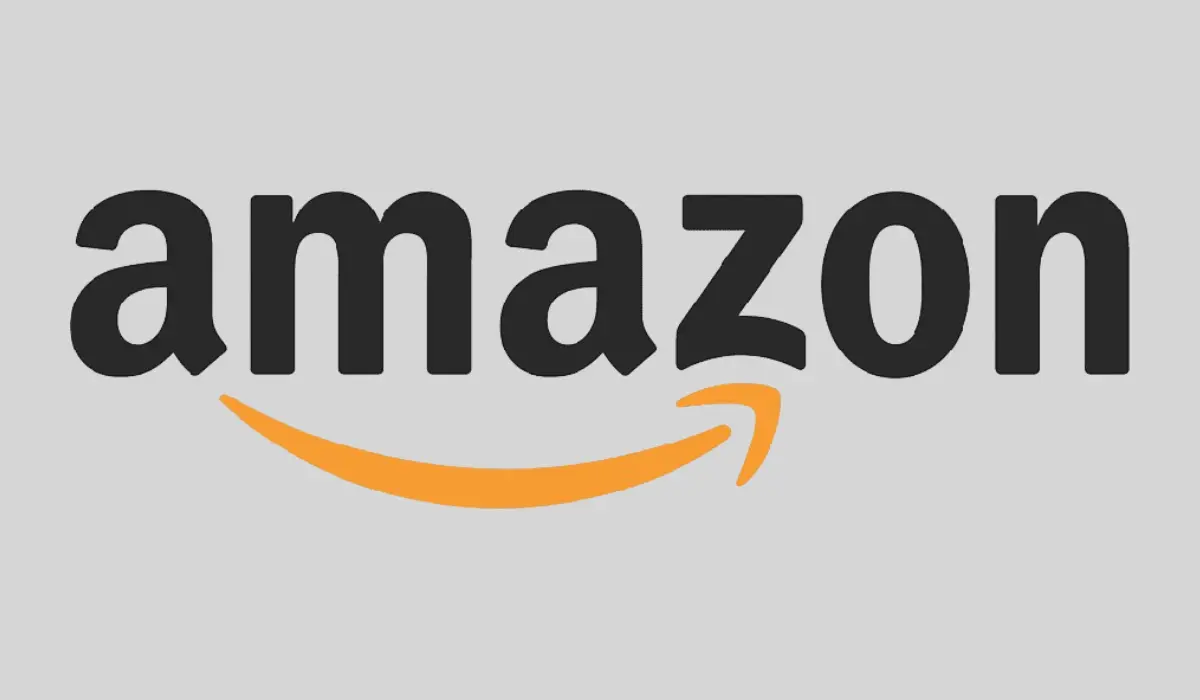
Currently one of the largest online retailers in the world, Amazon was launched as an online bookstore in 1994.
The company, founded by Jeff Bezos, has its headquarters in Seattle, Washington, and Arlington, Virginia.
Amazon decided to move beyond books in 1998, and gradually expanded its business to everything one can think of, becoming ‘The Everything Store’.
The company’s growth wasn’t sudden or without setbacks, but wasn’t too slow either. It went through several acquisitions and mergers before developing into what it is today.
They had their first profitable year in 2003 and with services like Amazon Prime, Amazon Alexa, Amazon Pay, and Amazon Music, they evolved into the business conglomerate that stands at fifth place in the whole world based on market capitalization.
2. eBay
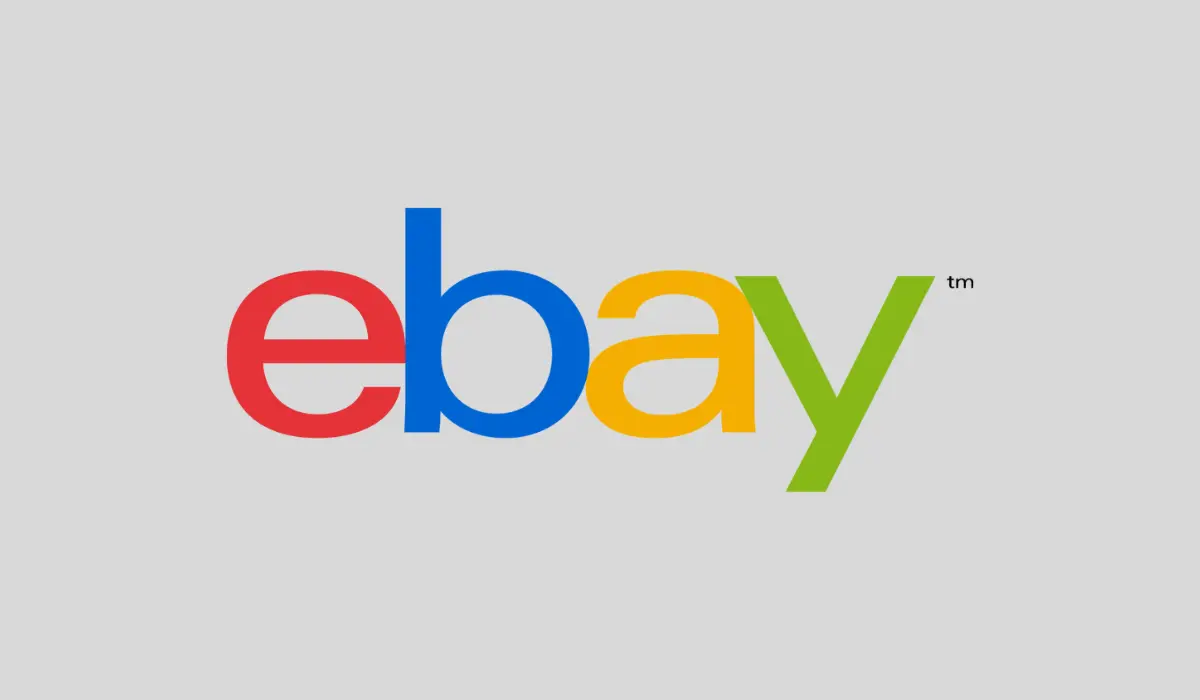
eBay, the e-commerce giant that is ranked second on the list was created in 1995 and was formerly known as Auctionweb.
The business is based in San Jose, California, and presently is a strong competitor to Amazon with its services as efficient and unique as the latter.
The company facilitates customer-to-customer as well as retail sales and engages mainly in online auctions where the sellers pay a commission to the company if a sale goes through.
This system attracts the kind of clients who do not need an online marketplace but do not want to create a website of their own.
The online auction system of eBay features a Vickrey auction proxy bidding system and lets the buyers and sellers rate each other after every exchange or transaction.
The platform does not just have individuals as their clients, but other companies and governments who wish to take part in the trade of legal, non-controversial items.
Nectar card loyalty program and affiliate marketing where the merchants earn commission from it are the kinds of programs that made eBay a crowd favorite, contributing to their growth.
3. ASOS
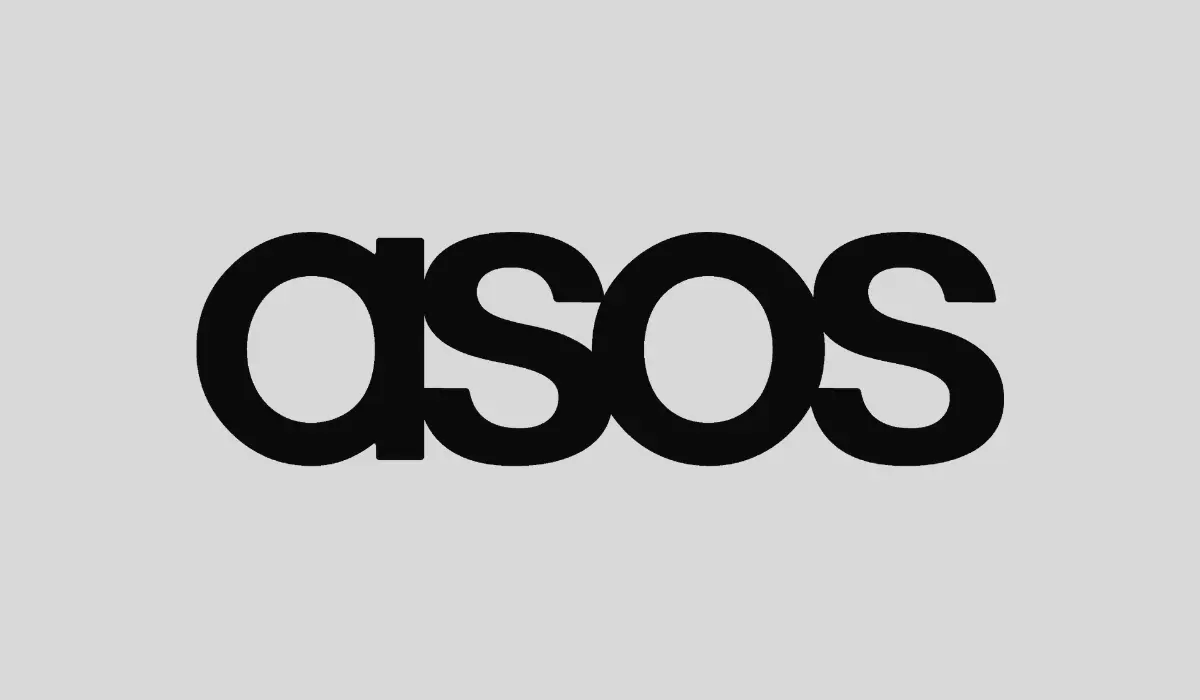
ASOS is a UK-based company that started in 2000 and later expanded its business to 196 countries worldwide. The company specializes in cosmetics and fast fashion, targeting young adults.
They feature clothing from over 850 brands along with a range of their own products. Earlier, they adopted the strategy of manufacturing and selling imitations of clothing seen on TV, and marketed themselves as ‘AsSeenOnScreen’ with a tagline that said: “Buy what you see on TV and films”.
In 2003, they decided to go with the acronym ASOS. The company made a large profit in 2004 with twice the sales in the first half of the year.
Their innovative approach to selling trendy clothing among the audience at a lower price is what drive the profit and the same year they launched their line of women’s wear.
The company gained quick popularity and started branching out in 2010. After 2015, the new CEO introduced innovative strategies including leveraging the power of social media, which had a great impact on the business’s growth in later years.
4. NEXT

Established in 1864, NEXT is among the oldest businesses that transformed into e-commerce later. The high street retailer sells clothing, accessories, and tools for home and garden including flowers, plants, and chairs.
Although they are a global brand, they are based in Leeds, England, and have most of their business spread in the UK and Ireland.
They have acquired companies like Reiss, Joules, and made.com, belonging to the clothing and homeware business, in recent years.
The company’s sales have been on the rise for the last few years until recently when they experienced a slight drop in revenue.
Joseph Hepworth founded the company which used to be known as J Hepworth & Son until they changed it to NEXT in 1982.
5. Etsy

Being the biggest marketplace in the world that sells arts and crafts, Etsy holds the fourth position in the list of best business websites.
Etsy provides an extremely flexible platform for individuals who would like to start a handmade craft or vintage items business, whether or not they intend to run it alone or in groups.
Most of the clients of the company work from home which adds to the convenience.
Another significant fact about the business is that more than 80% of these entrepreneurs are women, playing a significant role in women’s empowerment through financial freedom.
This inclusivity is one of the features that helped the business make its way to the top among conglomerates like Amazon and eBay that deal in everything.
A lot of entrepreneurs perceive the platform as an initiation point of their business that could evolve into something bigger, making Etsy a popular choice that is comfortable and convenient to a large majority of users.
6. Marks & Spencer

Sixth on the list, Marks & Spencer is an online retailer based in Paddington, London, founded by Michael Marks and Thomas Spencer in 1884 in Leeds.
M&S sells footwear, clothing, cosmetics, home products, and food products, spreading its business to various niches.
The company particularly focuses on its food products emphasising their luxury and exclusivity, establishing 615 outlets across the UK solely for food products, out of a total number of 959 stores.
As part of this, they also have a joint venture with Ocado for an online food delivery service across the country.
Marks & Spencer started as a Penny Bazaar store that sold homewares marketed with the tagline “Don’t ask the Price, It’s a Penny”.
The company’s success has more than a century of hard work behind it and is still evolving with newly formed strategies that suit modern times.
7. H&M
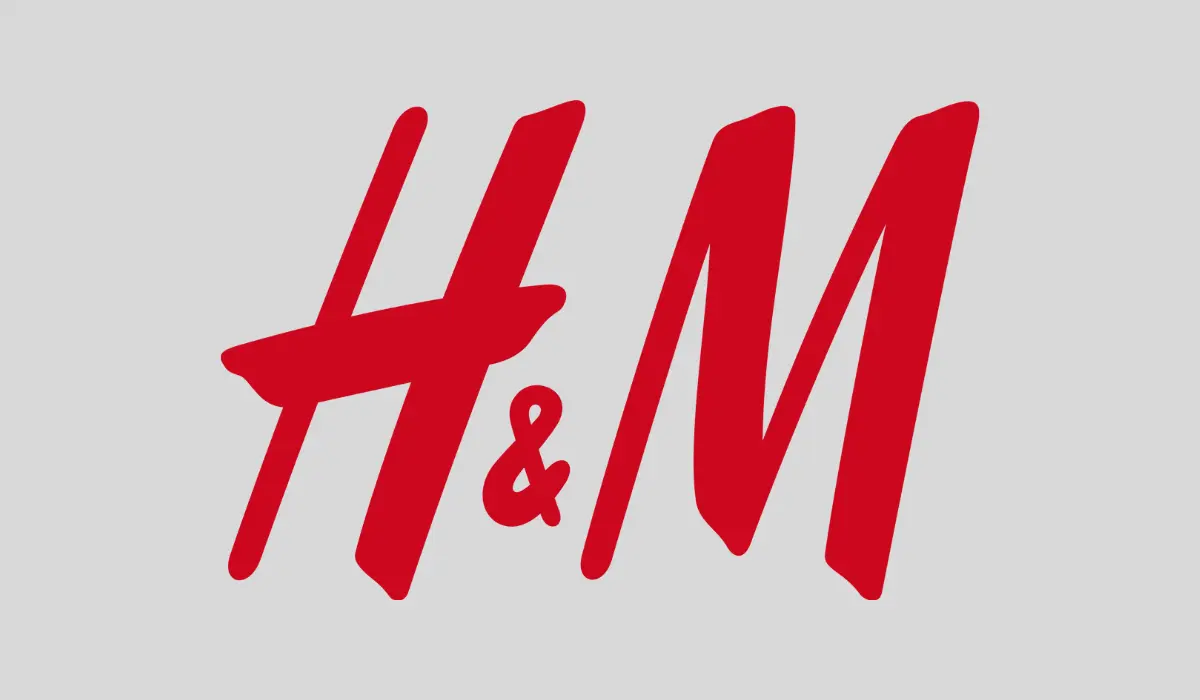
Started as a single store that sells fashion on a budget, H&M is one of today’s largest players in online retail business and fast fashion.
The first store was launched in 1947 after Erling Persson, who is of Swedish origin, visited New York a year before and inspiration struck him.
‘Hennes’, meaning ‘hers’ in Swedish was the first name of the store. Later, they acquired Mauritz Widforss, a hunting apparel and fishing equipment company, added Mauritz to their name and became Hennes and Mauritz aka H&M.
After this acquisition, the company that initially targeted only women customers started selling men’s and children’s clothing as well.
In the 2000s, the brand started collaborating with fashion giants such as Karl Lagerfeld, Stella McCartney, Versace, Roberto Cavalli, Alexander Wang, and so on to improve their international presence and accessibility.
Such moves resulted in an increased acceptance of the brand globally, making it one of the top e-commerce businesses today.
8. Ikea
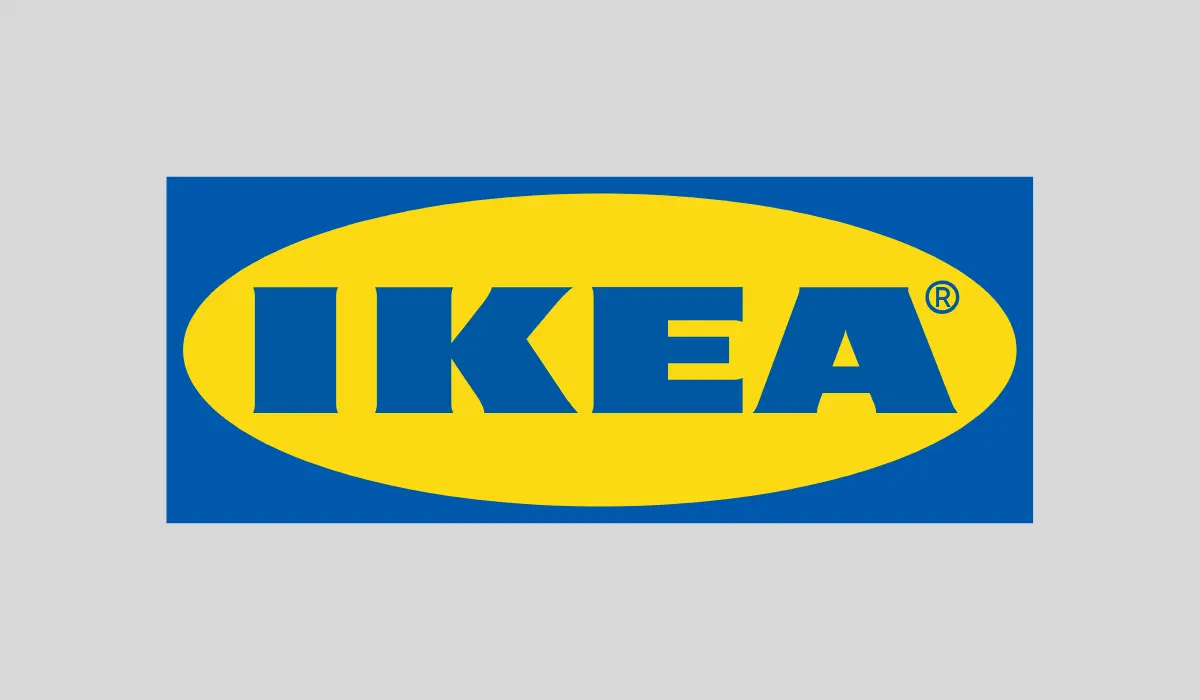
With a customer-centric policy that sells furniture and household items at the lowest possible price, Ikea has come a long way from its humble beginnings as a home decor store started in Sweden in 1943.
Presently, the brand has about 500 stores worldwide and has one of the most inspiring success stories in the business world, going way further from the entrepreneurship dreams of 17-year-old Ingvar Kamprad, after whose initials the company was named.
The popularity and success of IKEA are not only the result of their affordable price range but also due to the quality products they offer.
Their people-first approach along with the effort they put into growing the business as an international brand is what put them on this list of the best e-businesses around the world.
9. Tesco
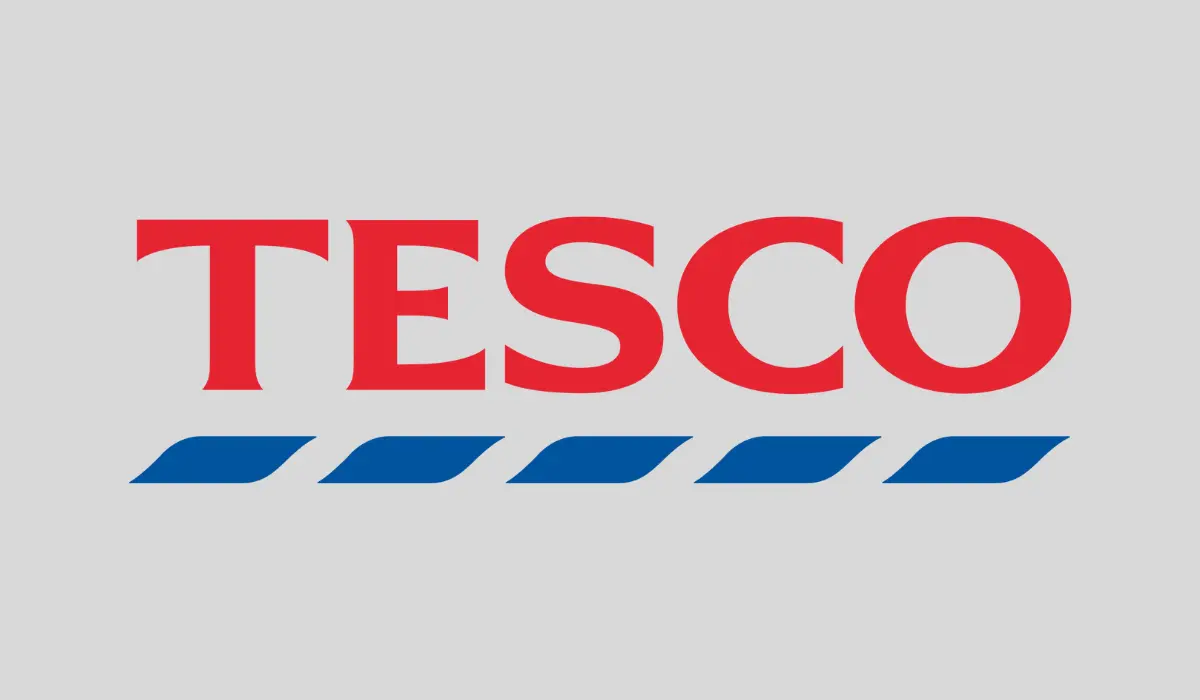
Founded in 1919 in Hackney, London, Tesco currently operates in 12 countries around the globe and is one of the largest grocery store chains all over the world.
Although Jack Cohen started it as a simple grocery store, and the brand still maintains it as its primary business, they have expanded their business into a wide range of niches including electronics, clothing, financial services, media, telecom, software, and internet services, but specifically into food and beverages.
The company went online in 2000, resulting in a manifold increase in the number of customers to their stores, both online and offline.
Presently, the company is one of the best e-commerce businesses especially in Europe, with over 4600 stores all across the continent.
10. Currys

The retail tech company that initially sold bikes and gramophones, and now specializes in consumer electronics, computers, drones, mobile phones, and white goods.
Currys is one of the top e-commerce businesses mainly operating in the United Kingdom and Ireland. The technology retailer currently has over 300 stores in the continent, along with a strong online presence established as a part of transforming the business omnichannel.
This digital transformation helped Currys become a strong presence on the internet, adding to its popularity and recognition.
The brand which has always prioritized the convenience of the customers now leverages the power and features of the internet to make it even easier for them, along with ensuring better security and faster services.
11. Sainsbury’s
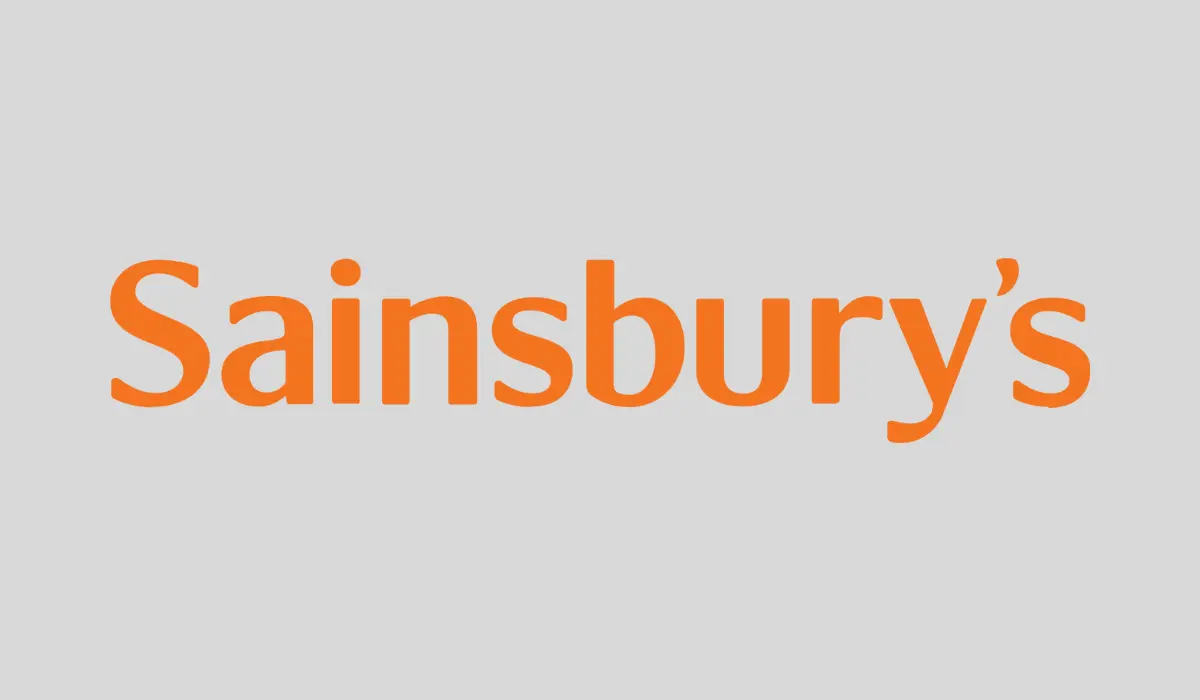
When John James Sainsbury and his wife Mary Anne opened Sainsbury’s in 1869 in London, it was a small store that sold fresh foods in retail.
From there, they gradually expanded their business to groceries like tea and sugar and marketed their products as higher quality products at lower prices.
This was the beginning of now one of the largest supermarket chains in the world that has a dollar business specifically across Europe.
Sainsbury’s has gone through several major acquisitions and mergers and currently has several brands under them such as Argos, Habitat, Nectar, and Tu specialize in different niches.
The pandemic has shifted the sales mechanism of the brand, with a major part of its business now happening online.
The multiple revenue streams have had a noticeable impact on their market cap and helped them position themselves as one of the best e-commerce businesses at present.
12. ASDA

ASDA, which started as the Associated Dairies & Farm Stores Ltd. in 1949, is a supermarket chain of British origin.
In the beginning, it was a butcher shop that later expanded its business under the name Craven Dairies for its cafes and cake shops.
The official beginning of the business under the brand name ASDA happened in 1965 after the Asquith brothers took a trip to the USA in 1958.
The Tickled Pink campaign, the grocery home shopping business, and “We sell for less” aimed at lowering the cost of living were some of the ventures by the brand that contributed to its popularity among the public.
Similar to Sainsbury’s, ASDA’s advent into the digital space increased their business, attracting more customers who believe in technology.
13. SCREWFIX
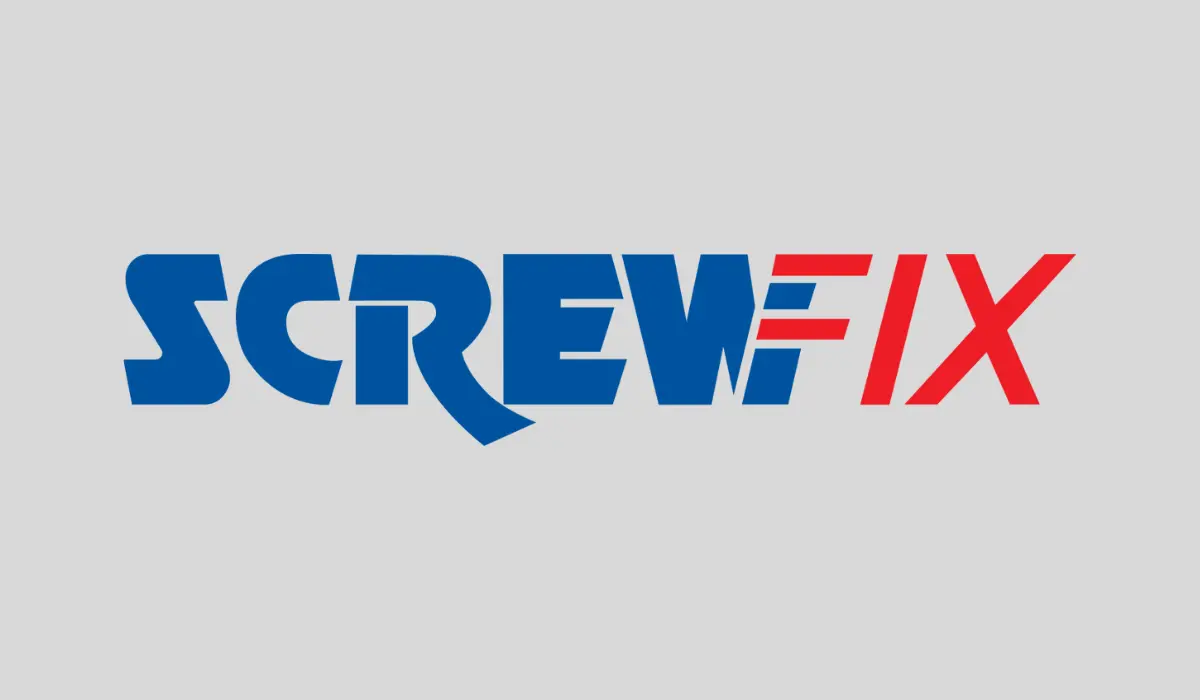
Started as a woodscrew supply company in 1979, Screwfix currently is a part of a network with 1400 stores globally.
The company, today, is one of the most popular hardware retailers in the world, focusing most of its business in the United Kingdom.
Kingfisher Plc acquired the company in 1999, the same year they launched their first website.
The brand maintains a strong online presence with a YouTube channel, Facebook, Instagram, and Twitter accounts, and a mobile application called Click & Collect to provide customers with the most convenient shop-at-home experience.
The innovative marketing strategies like the ‘one-day delivery’ through Royal Mail for international clients they introduced after the 2008 financial crisis to compete with e-commerce giants like Amazon took their business to a new level.
Such strategies placed the company as one of the best and most reliable choices among the public when it came to hardware.
14. Wayfair
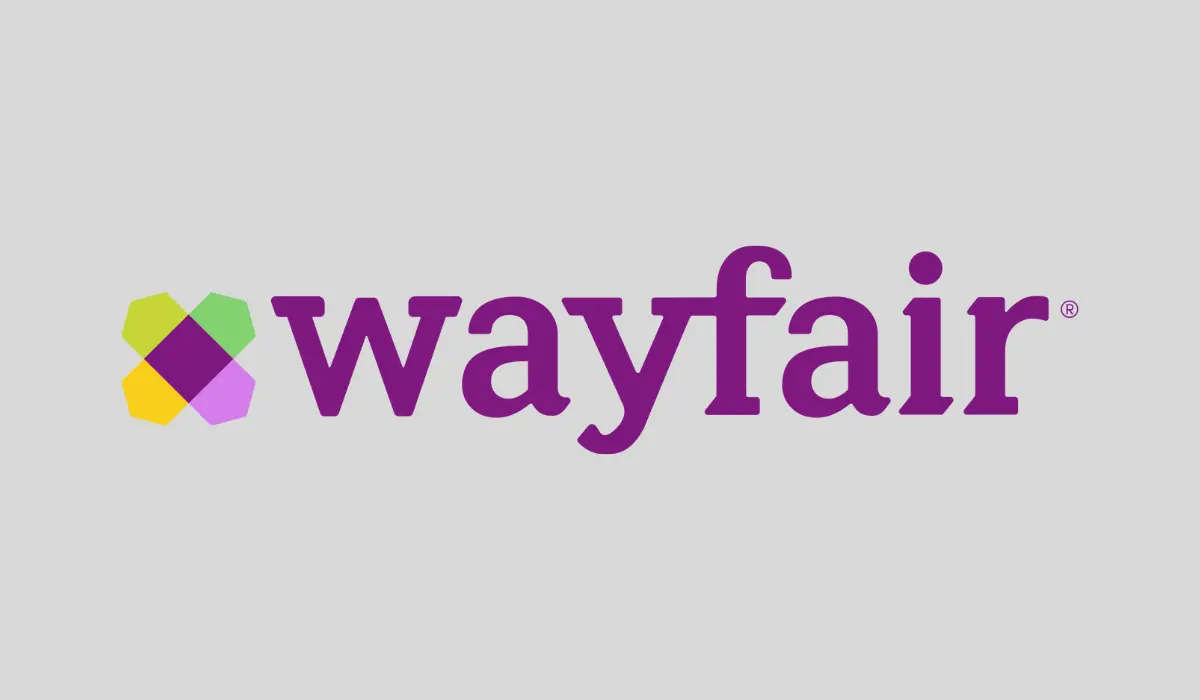
One of the best-known home goods retailers today, Wayfair was founded in 2002 by two Cornel graduates Niraj Shah and Steve Conine who were optimistic about the future of the digitalization of shopping.
The company was formerly named CSN Stores and sold media stands and storage furniture.
The business that was started as a two-person company, later merged all its websites to become one of the largest online retailers in the US.
Wayfair, which is originally based in Boston, opened their first physical store in 2019, in Massachusetts.
As of now, Wayfair offers 14 million items collected from 11000 global suppliers that include home decor, office decor, garden goods, birdhouses, home improvement goods, lighting, and B&B goods among other things.
The company currently operates internationally in countries including the United States, United Kingdom, Ireland, Germany, Canada, and China, expanding its business to every corner of the world.
15. Shein

Shein is a comparatively recent venture in the e-commerce business world, focusing on fast fashion, selling apparel manufactured cheaply and rapidly.
The company was founded in 2008, with a business model that is now described as ‘real-time retail’ leveraging Artificial Intelligence to identify trends and produce thousands of clothing in record time.
Initially, the brand didn’t include manufacturing, but rather sourced garments from wholesalers in different parts of the country.
Later, when they started targeting Gen Z, they began manufacturing their own products, appealing to the taste of their customers.
Shein’s growth and popularity solely aren’t due to their affordable price range, but also because of their marketing strategy on TikTok and Instagram, collaborating with influencers.
Apart from clothing, Shein also sells footwear, beauty products, accessories, and home goods, and also provides global shipping, reaching international customers.
16. Dunelm

Headquartered in Syston, England, Dunelm is a homeware retailer founded by the Adderley family in the year 1979.
Initially, Dunelm was a curtain stall that later expanded its business to selling everything that comes under the term ‘home decor’ including furniture, rugs, blinds, bedding, light, and such.
The company currently has over 180 stores all across the UK and remains a crowd favorite even after four decades of its inception.
Dunlem’s business grew manifold during the pandemic when their employees started working from home.
Its online store, dunelm.com, has had a significant impact on the growth of the brand, offering home delivery of items along with a click&collect option.
From e-commerce giants like Amazon and eBay to those that have both online and offline stores, the list includes businesses of all kinds.
The ones that top the list engage in multiple industries whereas the ones toward the bottom specialize in a single focus area.
Although unexpected, the Coronavirus pandemic has played a vital role in the development of these businesses.
As people got comfortable with products getting delivered to their doorstep, e-commerce businesses started growing like never before, with a steadily increasing customer base on a daily basis.
Conclusion
With technological advancements and a shift in customer preferences, the future is in favor of e-businesses.
The list has established businesses that build new strategies to stay relevant and compete with emerging players, while the latter strives to achieve the name and reputation of the former in their own ways.
All of them together offer innovative services and solutions that cater to the various needs of their customers, building their future with a satisfied and enhanced customer base.
